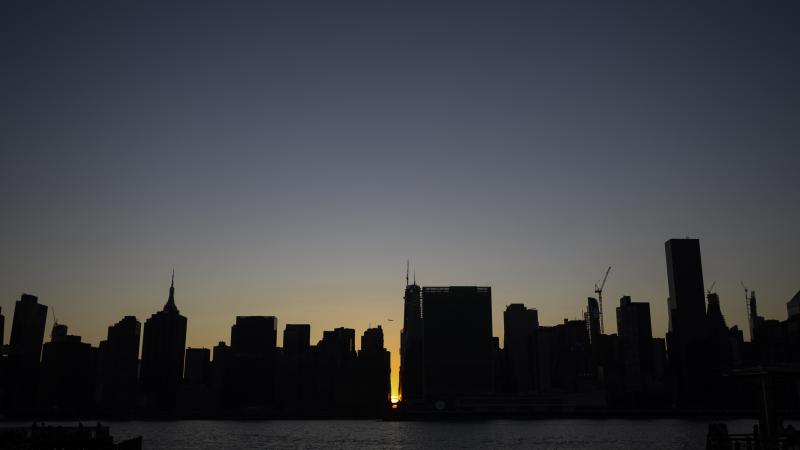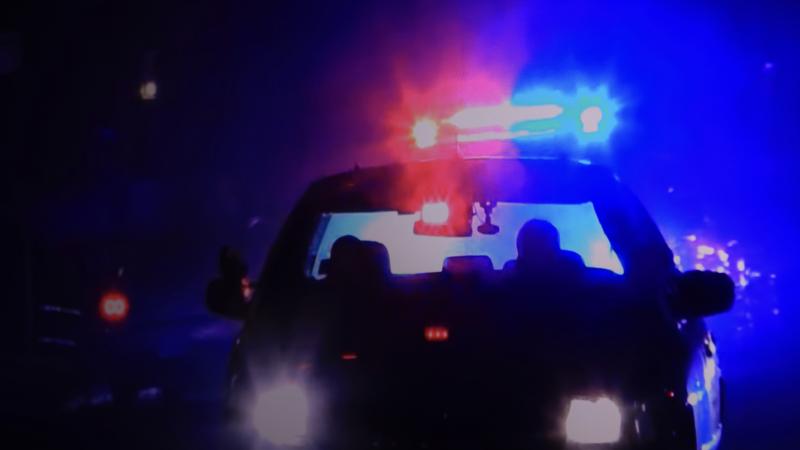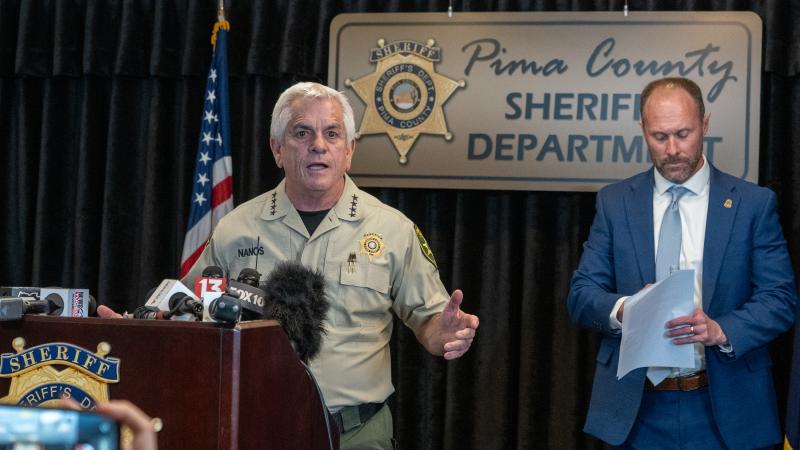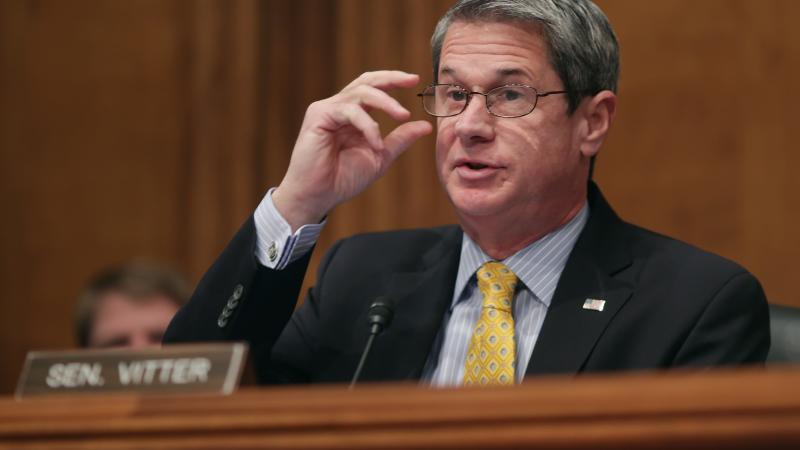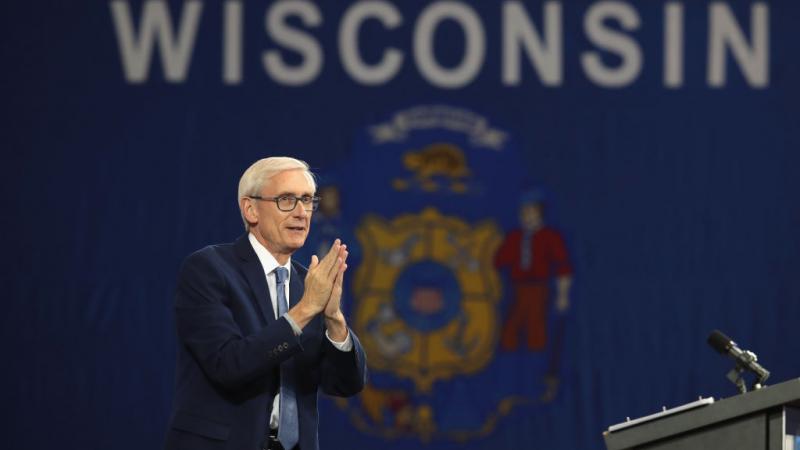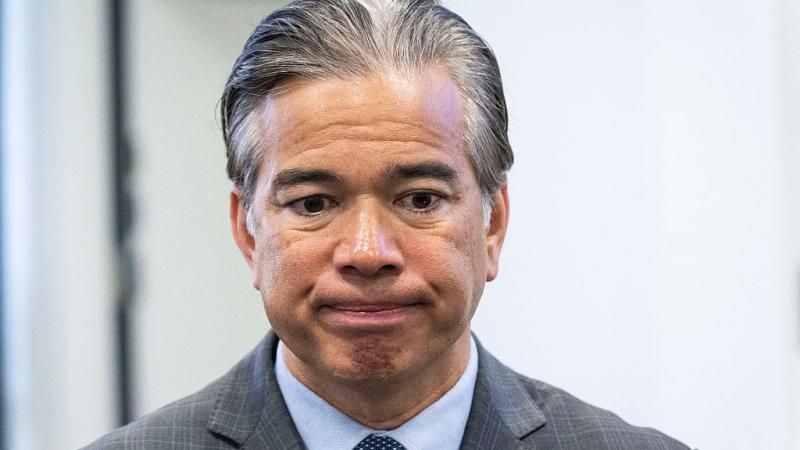DC metro system cracks down on fare scofflaws, says losing $40M in 2022, 34% of bus rides unpaid
Officials are also testing ways to deter so-called "turnstile jumping" including possibly adding "tactile deterrents" to the top of the gates.
Officials for Washington, D.C.'s rail-and-bus system is cracking down on riders who evade their fares, which the officials say will result in an estimated $40 million in losses this year.
The officials announced the multi-faceted effort Tuesday, saying it will start this month with the posting of reminders on digital screens in rail stations, and Metro Transit Police officers handing out flyers reminding riders to pay their fares, according to the blog site DCist.
The effort also will include more police officers patrolling the system and the installing of cameras and monitors to deter gate-jumping, then move next month into the city's police department ticketing fare evaders in the District.
Police had already been writing tickets for the offense in Maryland and Virginia, to which the system also provides service.
The effort will also include attempts to make so-called "turnstile jumping" more difficult by possibly adding "tactile deterrents" to the top of the gates and higher emergency exit and ADA gates, said the Washington Metro Area Transit Authority, which runs the rail-and-bus system.
Testing begins this year, with a rollout by as soon as early 2023.
"There needs to be some sense of fairness in the system," WMATA General Manager Randy Clarke told DCist/WAMU radio station. "So we have a lot of people paying a fare that are upset that others are not."
The agency estimates 34% of all bus trips go unpaid. New York City is facing similar problems, particularly with its subway system, the largest in the U.S.
Critics of the plan in the nation's capital say it unnecessarily escalates tension between police and people of color and that fare enforcement criminalizes poverty.
Clarke says fare evasion is an issue that has come up often during his conversations with riders and during public comment periods.
WMATA losses were $36 million problem in 2019, DCist also reports.
